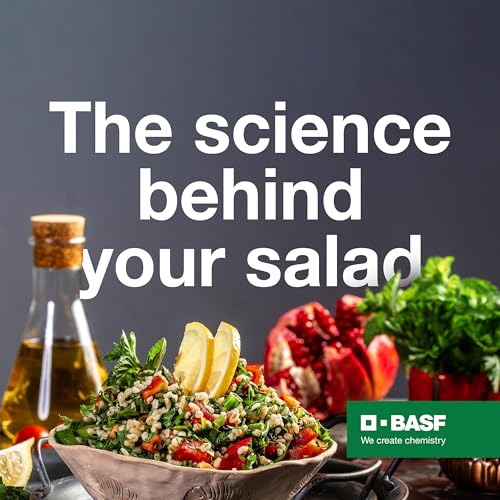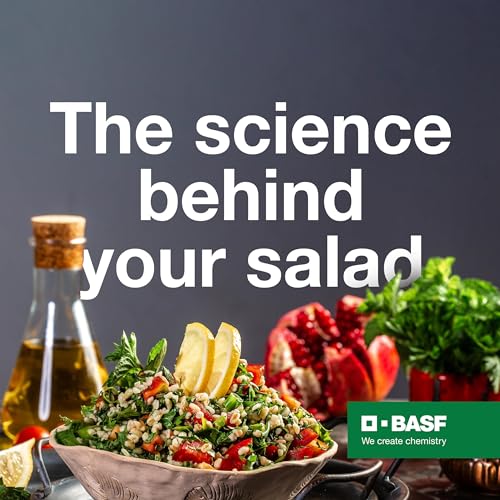Feeding humanity in the future brings a complex set of interconnected challenges. What’s abundantly clear is that, over the coming decades, farming isn’t just about producing more, it’s about doing it differently, with the environment and society’s needs central to the task in hand.
In this episode of the Science Behind Your Salad, Jane Craigie explores feeding the future, evolving and adapting to climate change and its mitigation, and innovating, just as agriculture has done for centuries.
For Jack Bobo, UCLA’s Rothman Family Institute for Food Studies, and seasoned keynote speaker, it’s important not to forget what has been achieved thanks to agricultural advances. To put this into context, he says that if we were farming today with 1960s technology, we would require one billion additional hectares.
What we consider as ‘the future’ centres around the year 2050 and feeding 1.5 billion more people with an estimated 50% more food and 70% more protein, this is a very stretching goal, yet farmers are ready to take on the challenge.
For Thomas and Jana Gäbert, their cooperative farm in Trebbin near Berlin in Germany, seems to encompass what the farm of the future should be – serving the community, running circular and self-sufficient approaches and with the aim to sourcing as much as possible locally including their energy, workforce and services.
As farmer Richard Hinchliffe, from Yorkshire in the UK accepts, the challenges are ever changing, but there is always a solution, as he describes in his battle against blackgrass, a common weed in cereal farming. His understanding of the weed’s behaviour, and how to break the cycle of seed return, has helped him control an increasingly difficult foe.
BASF’s Michael Hoelter works closely with farmers like Richard, to research how resistance to herbicides builds in weed populations, and the best solutions to control grassweeds like blackgrass. The partnership between farmer and researchers like Michael and crucial for farmers to feed the future.
See omnystudio.com/listener for privacy information.
 Jul 8 202522 mins
Jul 8 202522 mins Mar 10 202535 mins
Mar 10 202535 mins Dec 13 202438 mins
Dec 13 202438 mins Nov 4 202432 mins
Nov 4 202432 mins Aug 21 202431 mins
Aug 21 202431 mins Jun 13 202439 mins
Jun 13 202439 mins Apr 23 202436 mins
Apr 23 202436 mins Feb 13 202441 mins
Feb 13 202441 mins
